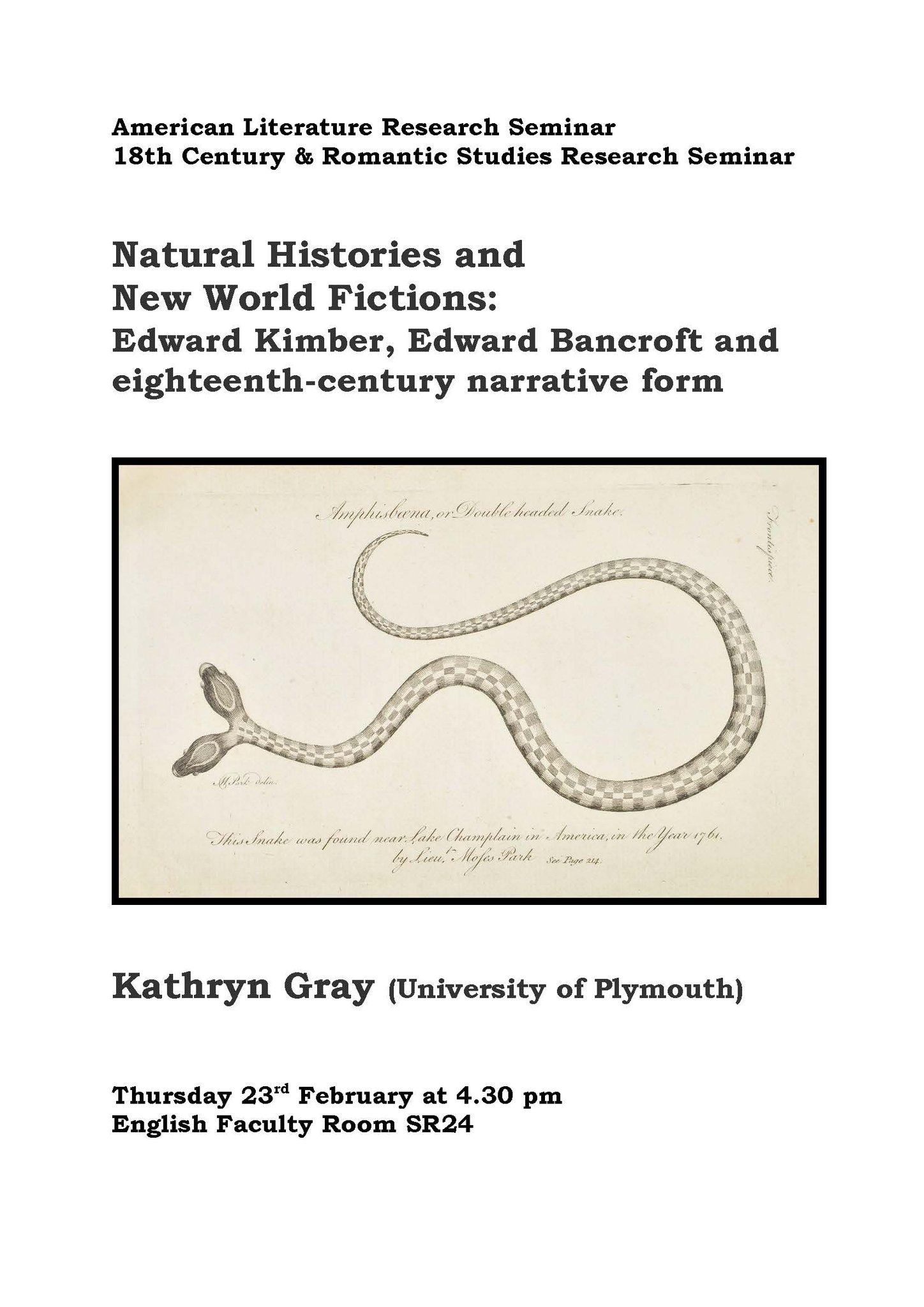Programme
9 – 10:00 am Registration, coffee and opening remarks10 – 11:15 am Plenary panel
Lillian Nayder (Bates College), 'Better to be Cain than Abel'
Mary Shannon (University of Roehampton), 'Space, Place, and Dickens's Networks'
Cathy Waters (University of Kent), 'Celebrating the brotherhood of the pen: George Augustus Sala on "Dickens and Thackeray"'
11:15 – 11:30 am Readings organised by Tony Williams of the Dickens Fellowship
11:30 – 12 pm Coffee
12 – 1:15 pm Parallel panels
Care: Physical and Philanthropic
Heather Tilley (Birkbeck, University of London), 'Engendering care or cruelty? The paralysed body in Dickens's Fiction'
Adelene Buckland (King's College London), 'Dickens and the Artificial Mother'
Joanna Hofer-Robinson (University College Cork), 'Putting Dickens to Work: "at least, that is her plan of Gampaign"'
Dickens and Mutual Friends
Katie Jackson (Royal Holloway, University of London), 'Controlling Cutlery: Objects of Anxiety, Humiliation and Identity'
Logan Browning (Rice University), 'The Bad Host in Dickens'
David Namie (University of California, Santa Cruz), '"Only to see that there's no look-out when he's up there": Authorizing Normativity and its Alternatives in Our Mutual Friend'
1:15 – 2:30 Lunch (own arrangements)
2:30 – 2.45 pm Readings organised by Tony Williams of the Dickens Fellowship
2:45 – 4 pm Parallel panels
Nation and Community
Lucy Whitehead (Cardiff University), '''Dickens ... hoisted the French colours: National Community in Dickens Biography'
Jungmin Yoo (Sogang University, South Korea), '"Yes, my poor sister; to the last": Sacrificing for Fraternity in A Tale of Two Cities'
Jacqueline Stamp (Canterbury Christ Church University), 'Dickens's Arctic Communities'
Gender and Familial (Dis)Regulation
Jennifer Miller (University of Leicester), 'Domesticity and the Fallen Woman Plot in Victorian theatrical adaptations of David Copperfield'
Justin Jones (University of North Texas), 'Brave Fools: The Community of Masculine Heroes in Dickens's Dombey and Son'
Cory Sampson (University of Ottawa), 'Nobody's Family: (Pseudo) Familial Relationships and Emotional Labour in Little Dorrit'
4 – 4:30 pm Coffee
4:30 – 5:15 pm Plenary
Holly Furneaux (Cardiff University) 'Lighthouse Keeping'
We look forward to seeing you! Register here
